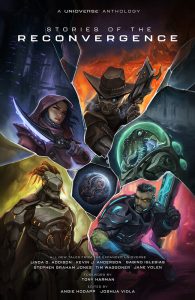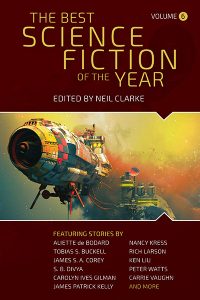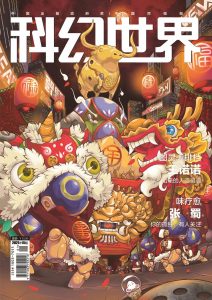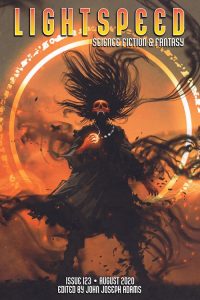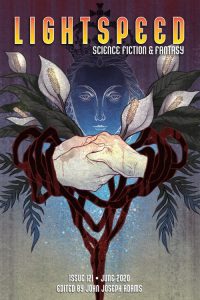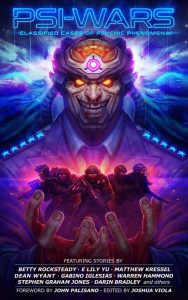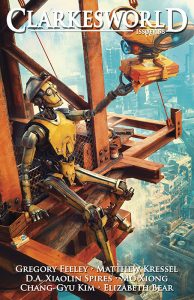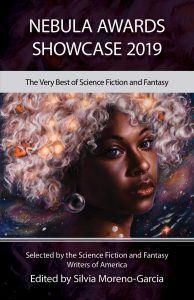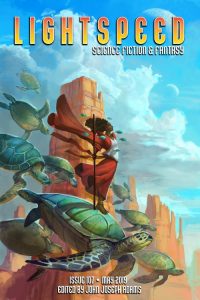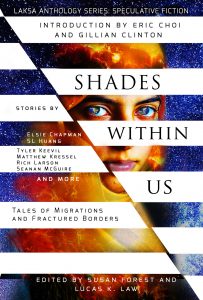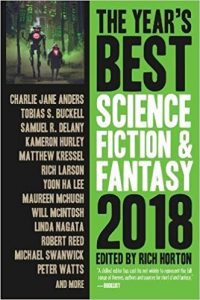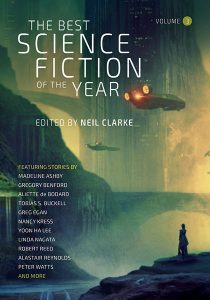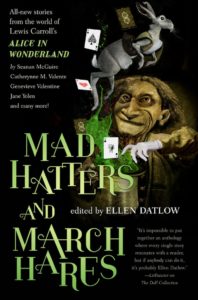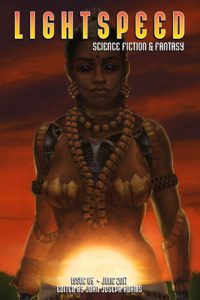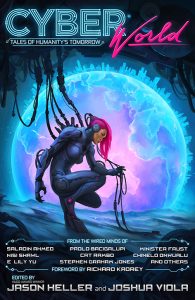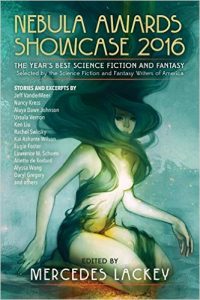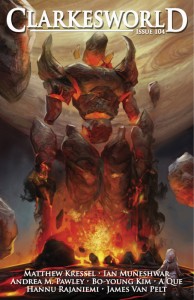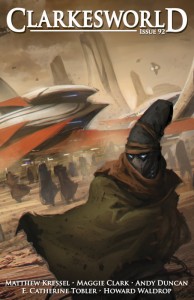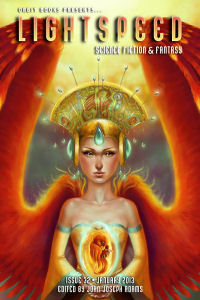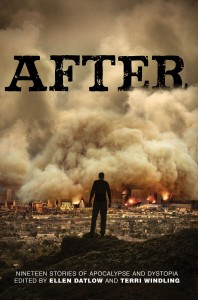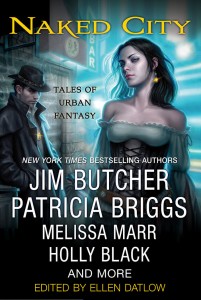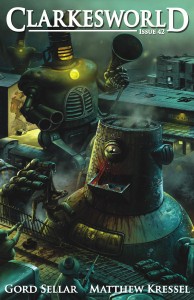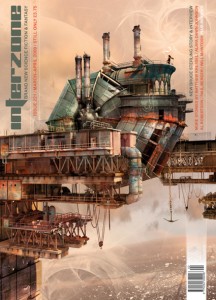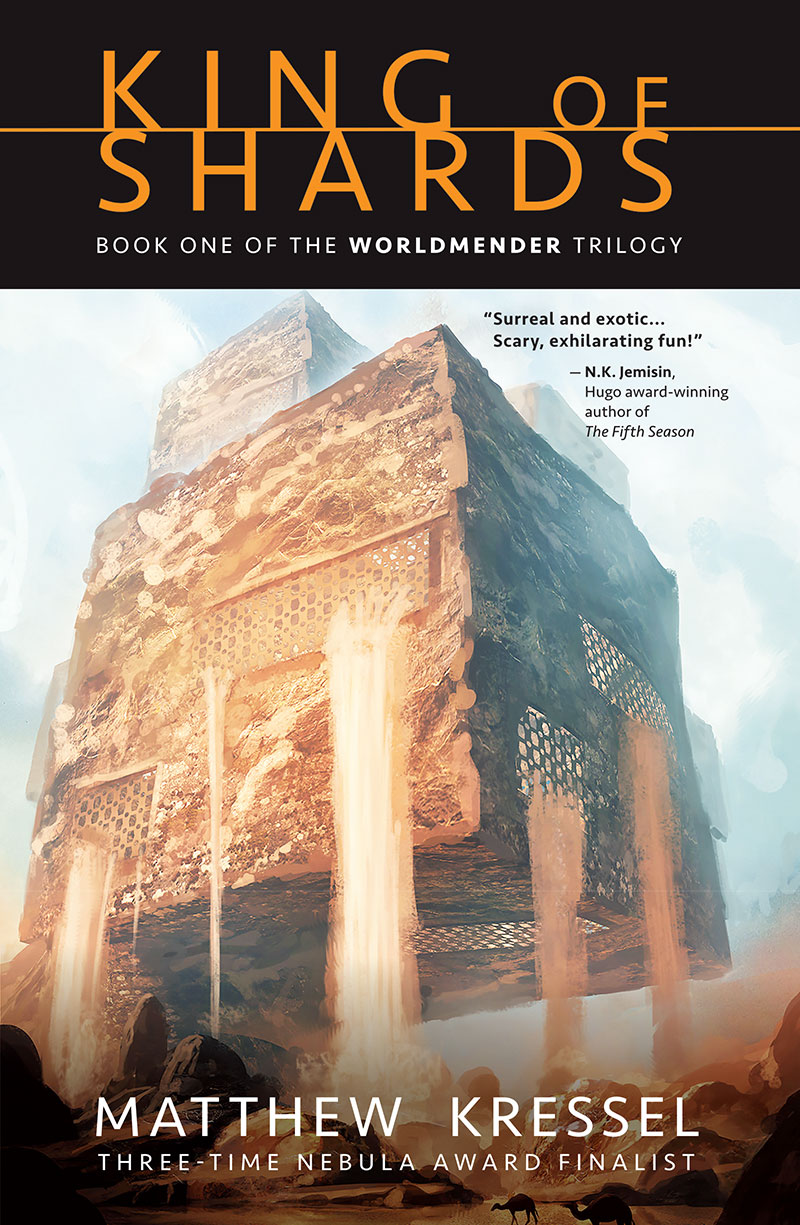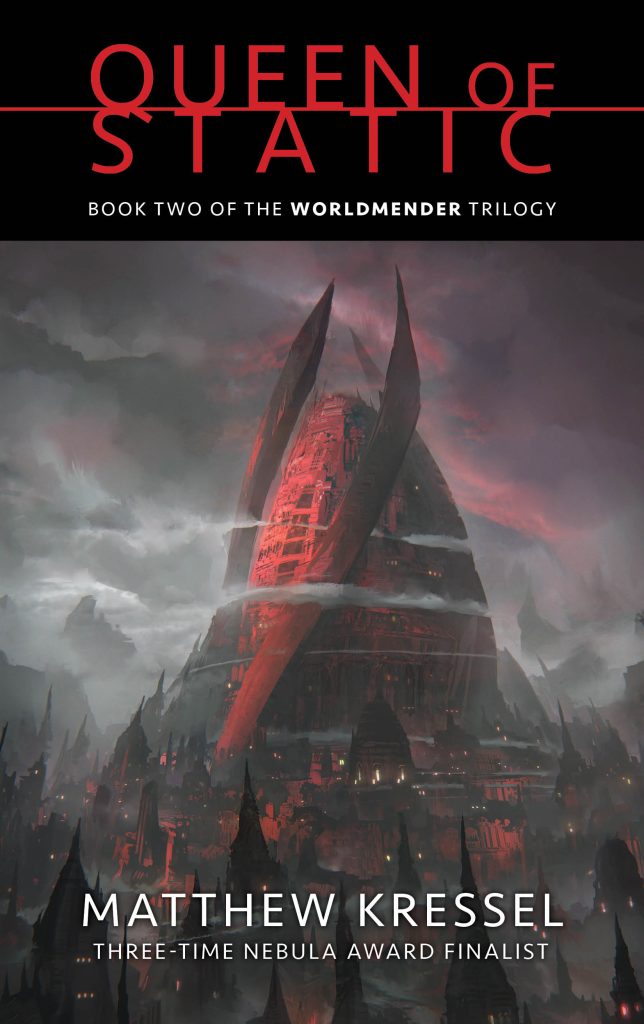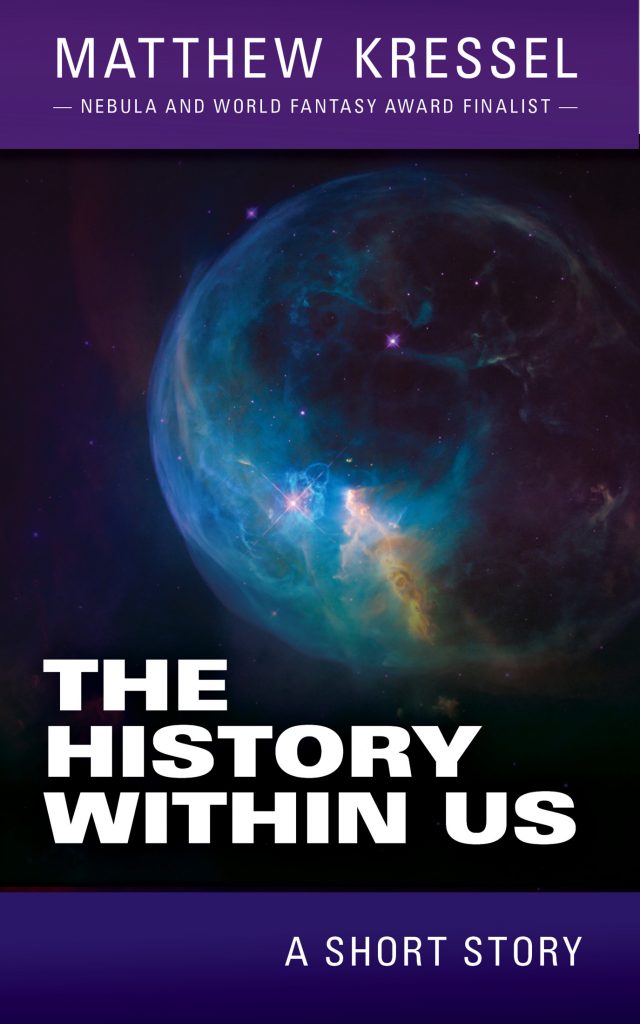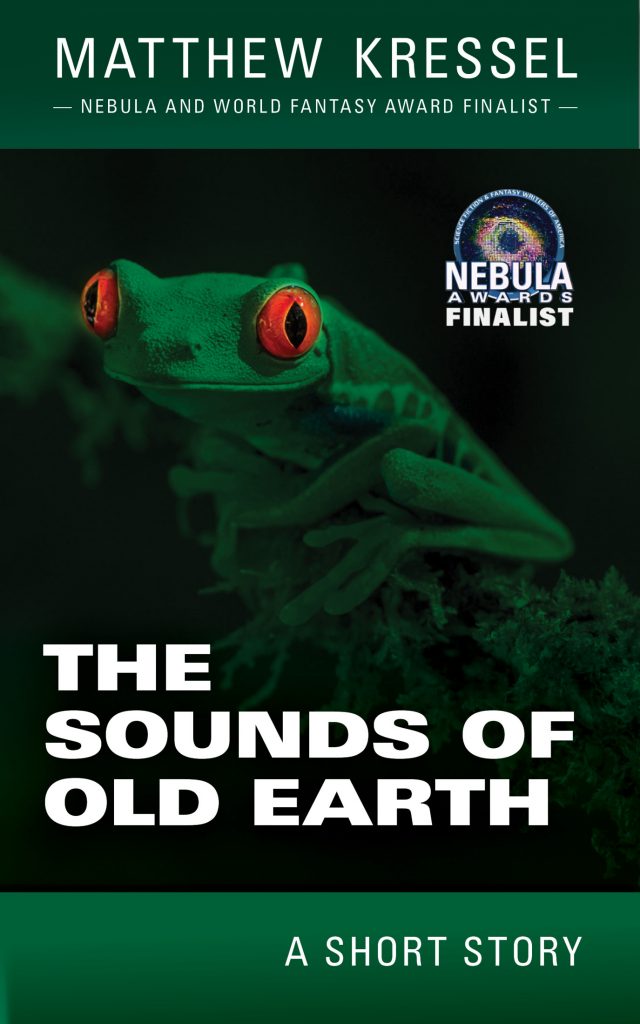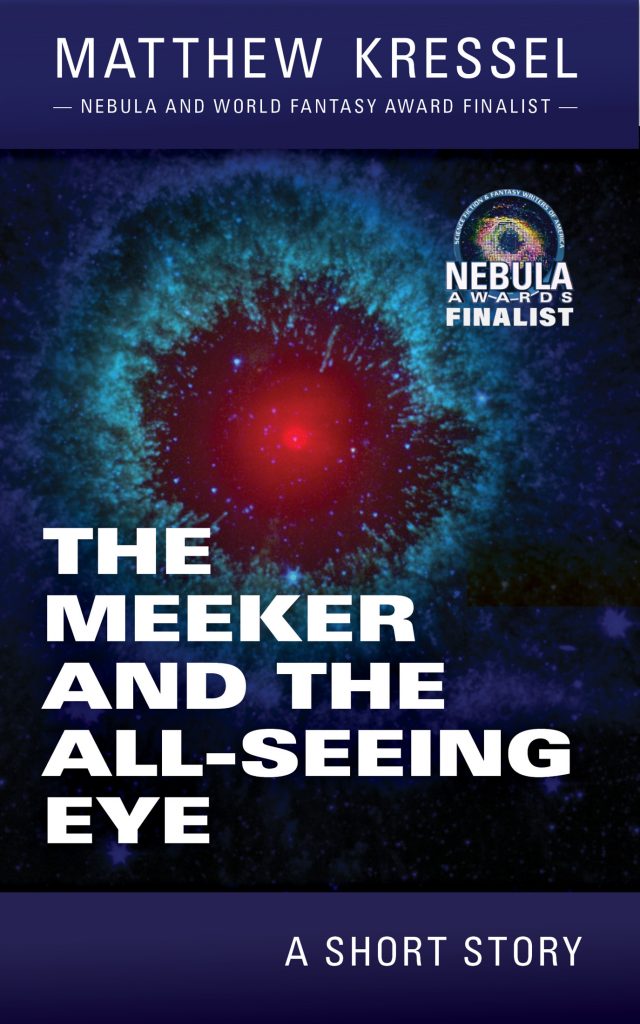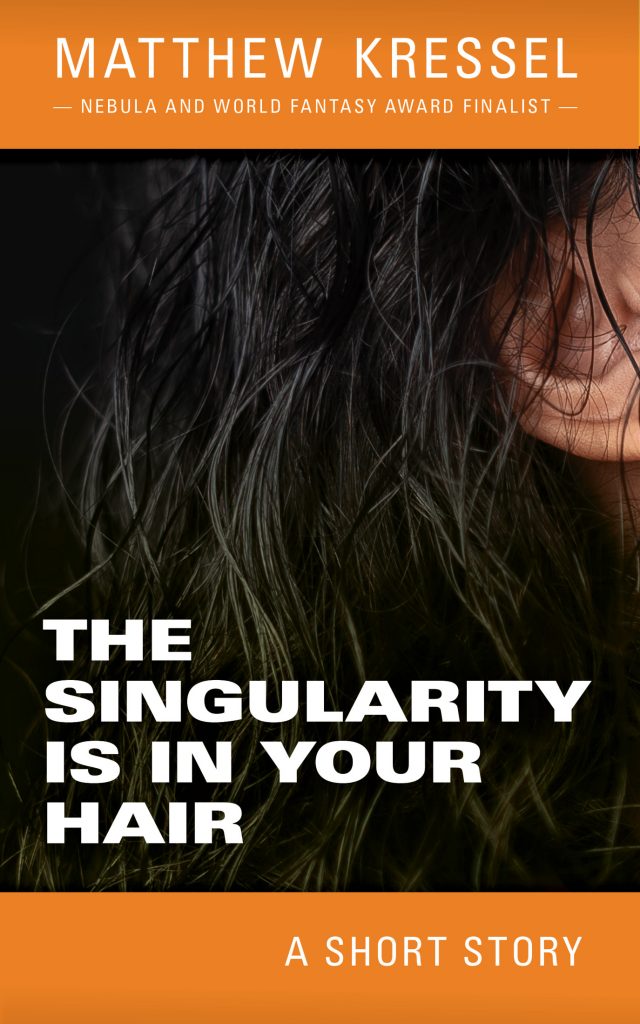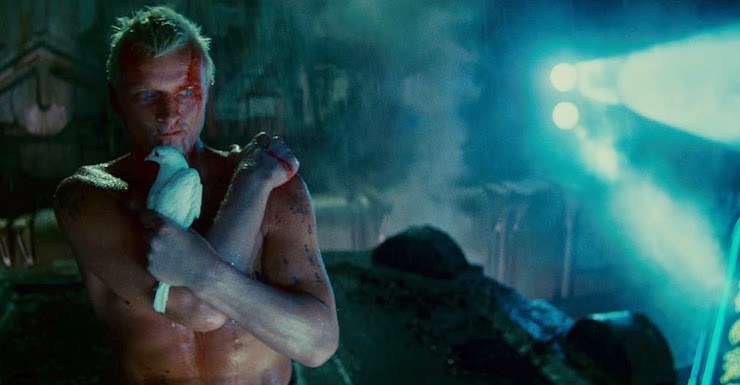
From an article I recently wrote for Tor.com called “What It Means to Be Human: Five Works of Fiction That Explore Blade Runner’s Core Themes”. Continue reading via the link below.
“One of the reasons the original Blade Runner film has endured as a classic is its compelling exploration of what it means to be human. As the replicants struggle to extend their artificially brief lifespans, the seminal film probes our notions of empathy, slavery, identity, memory, and death, in profound yet subtle ways.
Blade Runner asks many questions of its audience. Does our capacity for empathy correlate with our humanity? Are we the sum total of our memories, or something more? Do our lives have meaning if no one remembers the things we’ve seen and done when we’re gone? How does questioning someone’s humanity perpetuate the institution of slavery? And what do our fears of a robot uprising tell us about our own human insecurities?
How one answers the film’s many questions is a Voight-Kampff test in itself. Blade Runner, in other words, is a two-hour long Rorschach test—no two people respond alike. We may see ourselves in the replicants, born into broken worlds not of our making, impressed with cultural memories, struggling to find meaning and connection in our all-too-brief lives. This, perhaps more than anything, explains why the film has resonated with so many. We paint our memories and prejudices onto the screen, and what we take from it is uniquely ours.”
Keep reading at Tor.com.
